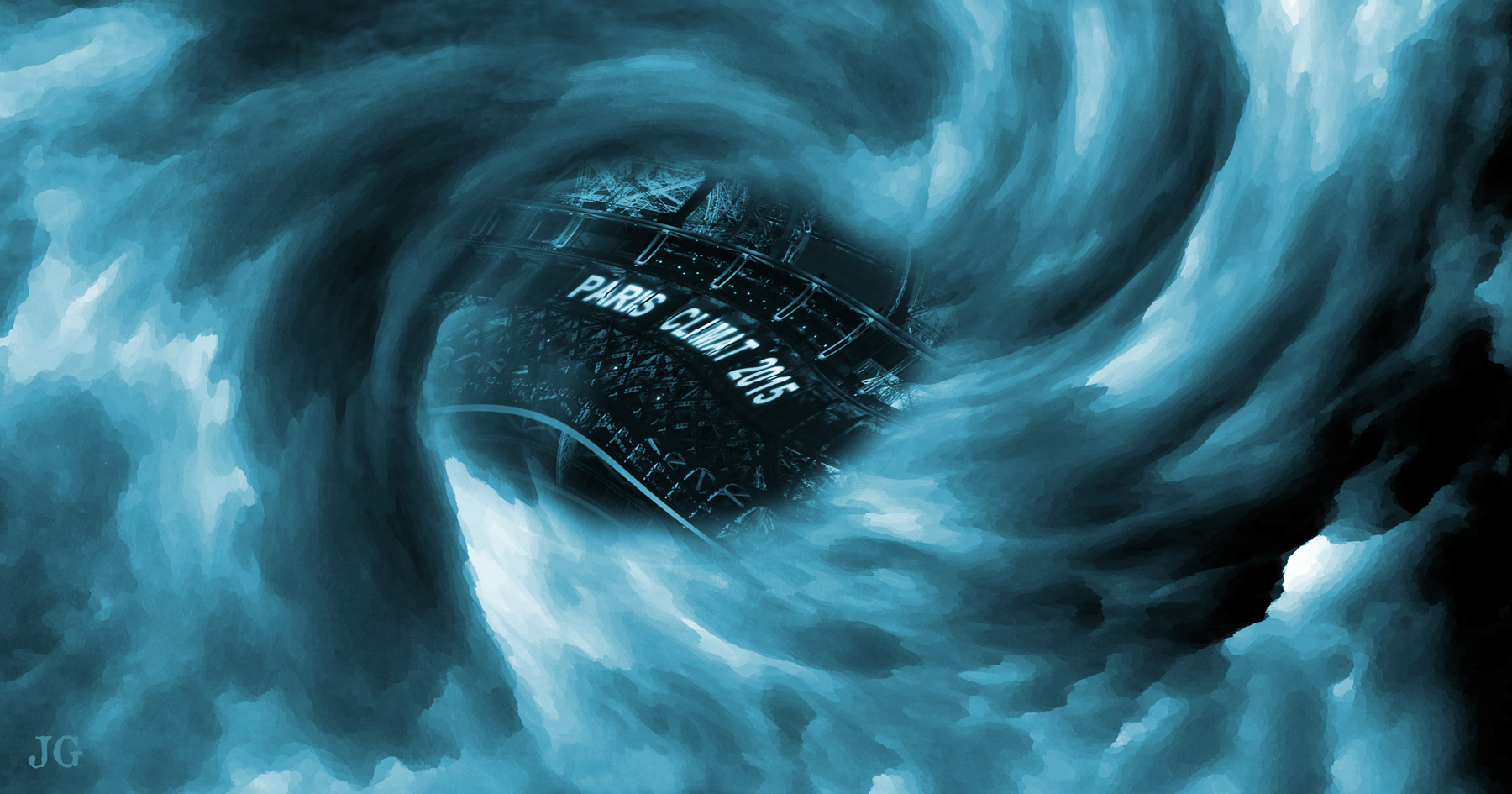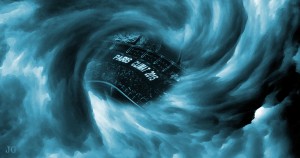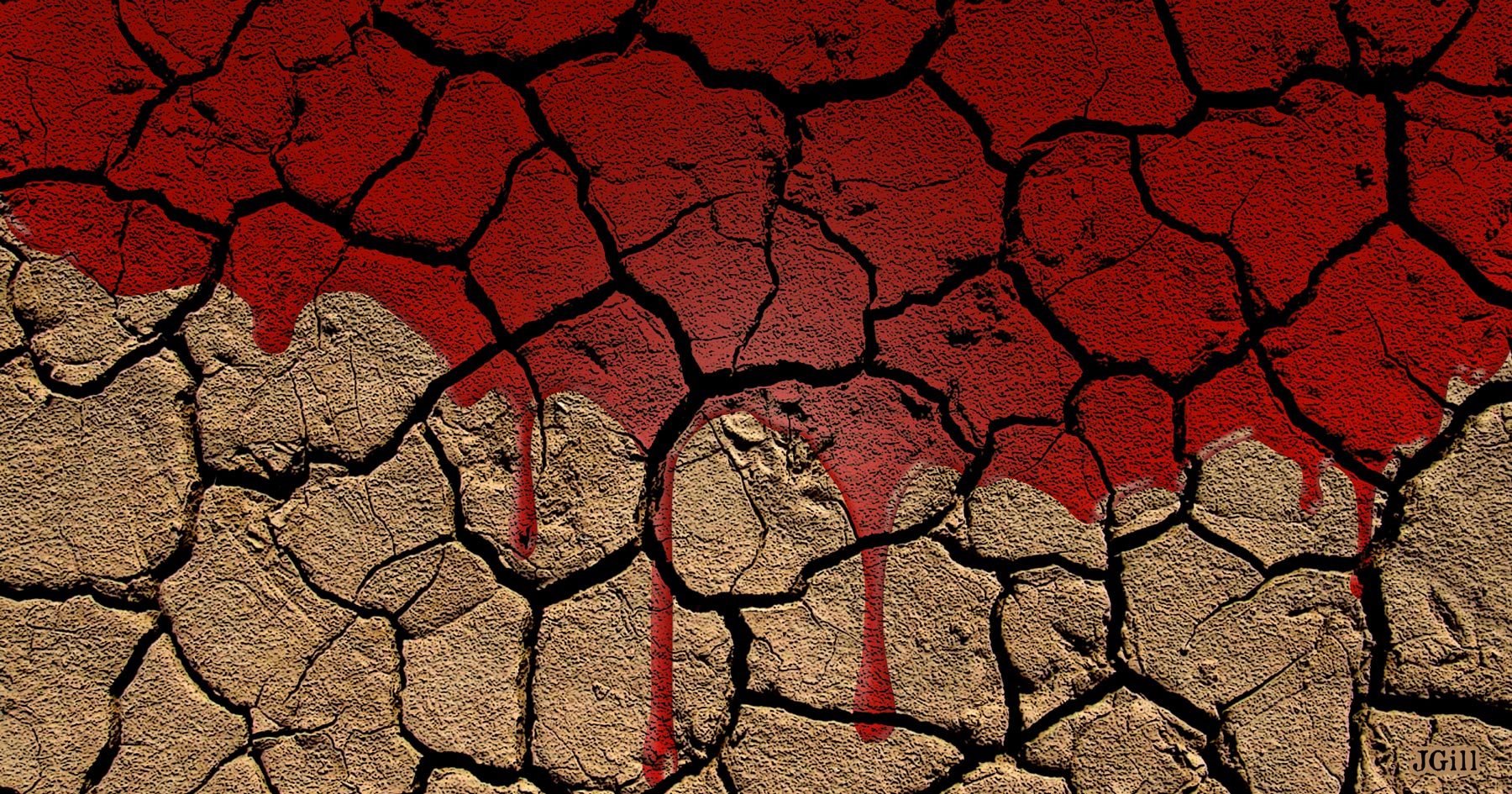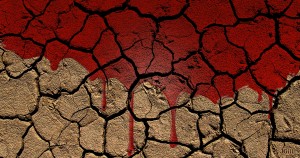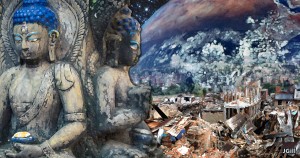Folks in government are prone to overstepping their bounds.
Take, for example, the North Vancouver, British Columbia, City Council, which has instituted a mandatory sticker program for gas pumps. Starting in 2016, public service announcements will appear on North Vancouver gas pump nozzle handles.
What for?
To warn us of the danger of global warming.
Though the city government hasn’t accepted any particular message, Autoblog reports that the policy is clear: “The idea behind the warnings isn’t to shame people for filling up an internal combustion engine but instead to suggest that there could be more eco-friendly alternatives.”
Autoblog calls this new move a “small step to help fight the planet’s rising temperatures,” and that North Vancouver “will likely be the first city in the world” to enact such a mandate.
I am sure city pols are proud of themselves.
The ordinance was pushed by a not-for-profit Canadian group called Our Horizon. The goal? Make a “positive impact on the environment” with this “relatively low cost but highly visible strategy.”
The official estimate on costs? Between C$3,000 and C$5,000. Costs to businesses? “Gas station owners must display [the stickers] as a condition of their business license.”
Meanwhile, the unsettled science of climate change teeters ahead, as The Rebel Media reports: increased carbon dioxide may not cause extra warming (chlorofluorocarbons do that), but does induce greening, helping plant life to flourish.
When the truth finally emerges, out of the fog blown over the issues by groupthink, the findings of legitimate science probably won’t fit on a sticker.
This is Common Sense. I’m Paul Jacob.


